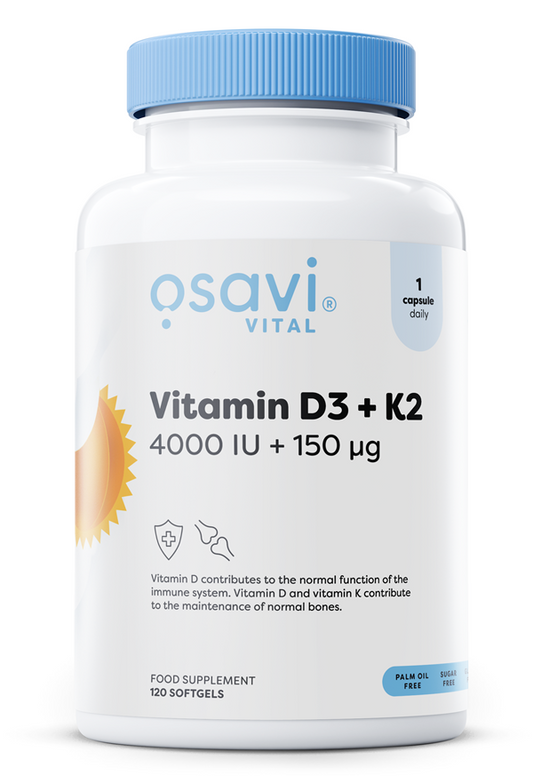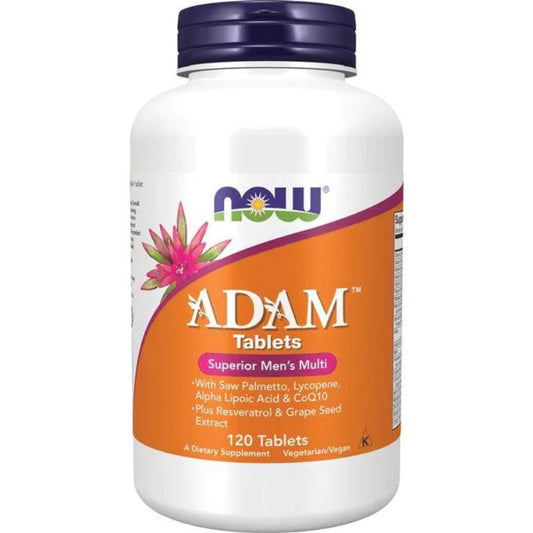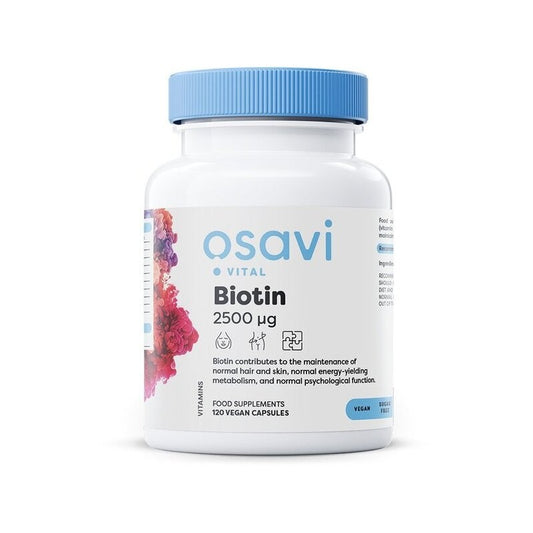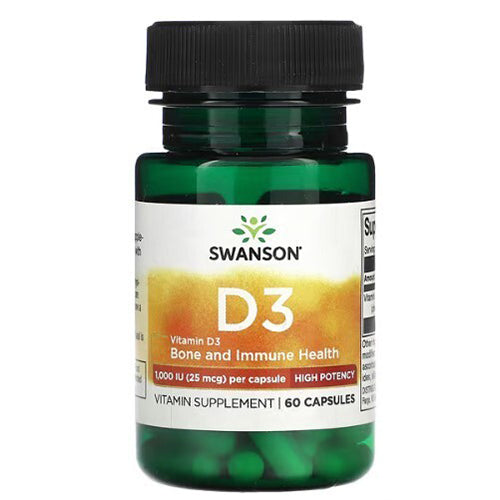
What Is Vitamin D and Why It Matters
Jakub SkibaVitamin D: The Sunshine Vitamin for Overall Wellness
Vitamin D is a fat-soluble nutrient that plays a crucial role in overall wellness. It is produced by the body when skin is exposed to sunlight and can also be obtained through certain foods and supplements. Unlike many vitamins, Vitamin D acts like a hormone, influencing multiple biological pathways. Maintaining adequate Vitamin D levels supports energy metabolism, bone strength, cellular health, and general wellbeing. Modern lifestyles, limited sun exposure, and dietary gaps make understanding Vitamin D essential for daily nutrition.
What Is Vitamin D?
Vitamin D exists in two primary forms: Vitamin D2 (ergocalciferol) and Vitamin D3 (cholecalciferol). D3 is synthesized in the skin when exposed to UVB rays, while D2 is usually found in plant-based foods and fortified products. Both forms are converted in the liver to calcidiol, and then in the kidneys to calcitriol, the active form that supports calcium and phosphate balance and other cellular processes.
How Vitamin D Functions in the Body
Vitamin D is involved in multiple biological functions:
-
Bone and muscle health: Supports calcium absorption and bone remodeling
-
Cellular function: Influences gene expression and cell growth
-
Immune support: Plays a role in maintaining immune system readiness
-
Mood and energy: Associated with general vitality and wellbeing
Signs of Low Vitamin D Levels
Vitamin D deficiency can occur due to insufficient sun exposure, darker skin, older age, obesity, or limited dietary intake. Signs of low Vitamin D include Tiredness or fatigue, Muscle weakness, bone discomfort, Mood changes, and low energy levels. Seasonal changes and lifestyle habits can also influence levels.
Natural Sources of Vitamin D
Sunlight
Vitamin D is produced in the skin through UVB exposure. Factors affecting production include time of day, season, latitude, skin tone, and clothing. Short, regular sun exposure is usually sufficient for most people.
Food Sources
-
Fatty fish: salmon, mackerel, sardines
-
Egg yolks
-
Beef liver
-
Fortified foods: milk, plant-based milks, orange juice, cereals
-
Cod liver oil
Lifestyle Considerations
-
Outdoor activities and exercise
-
Minimal sunscreen for short exposure periods (while avoiding sunburn)
-
Clothing choices and time outdoors
How Much Vitamin D Do You Need Daily?
|
Age Group |
Recommended Daily Intake |
|
0–12 months |
400 IU (10 mcg) |
|
1–70 years |
600 IU (15 mcg) |
|
Over 70 years |
800 IU (20 mcg) |
Some adults may benefit from higher doses during winter or with limited sun exposure. Supplementation should follow public health guidelines.










